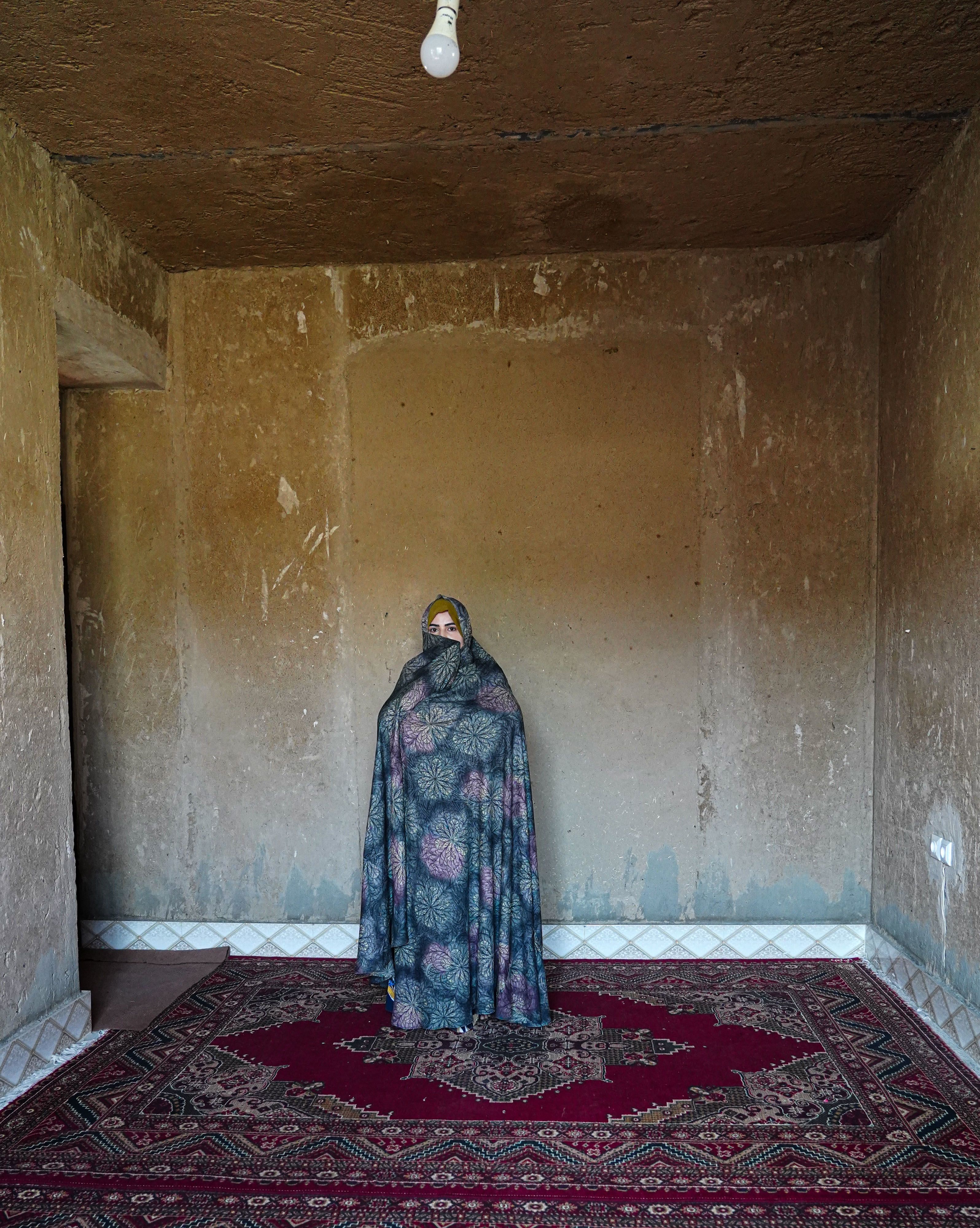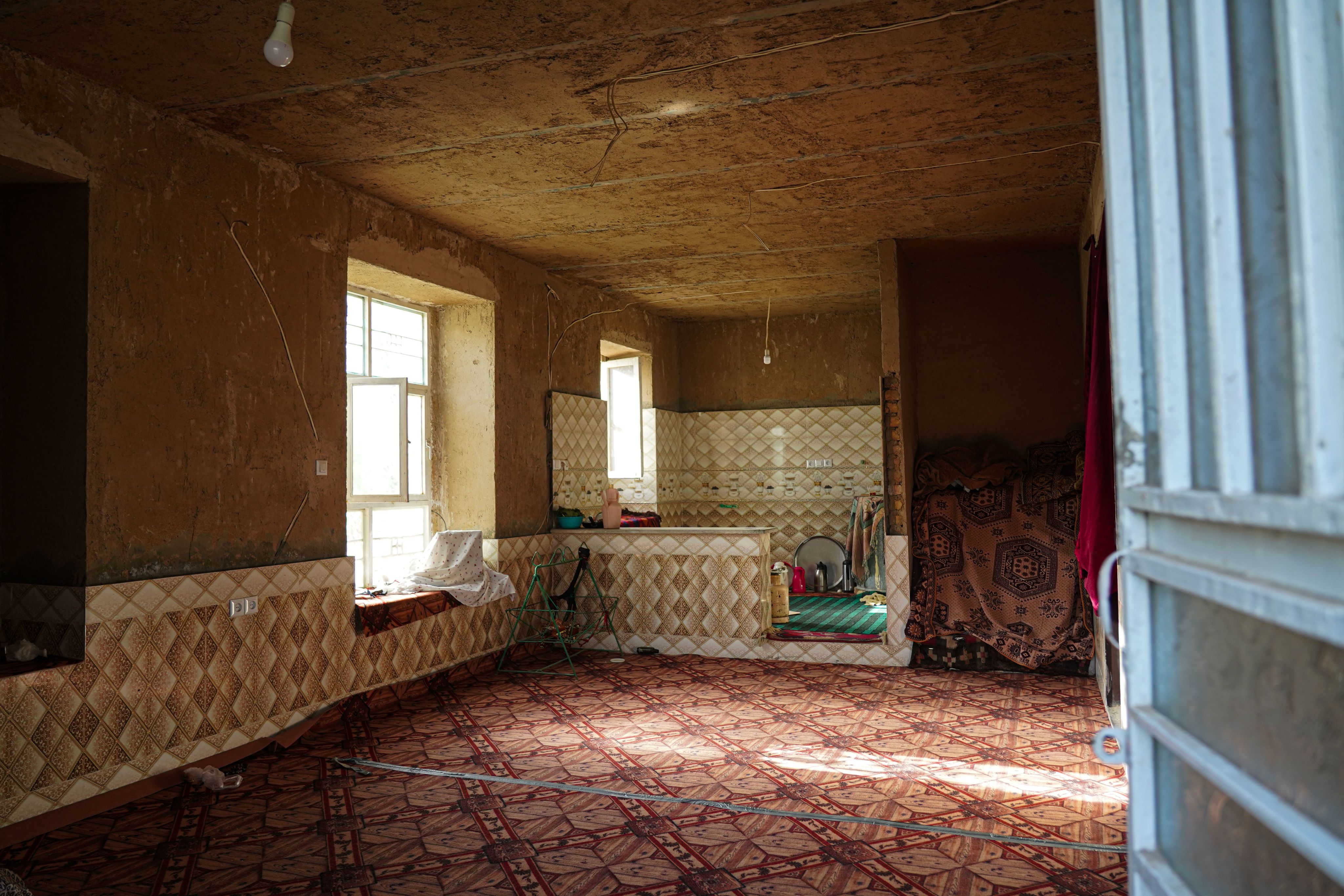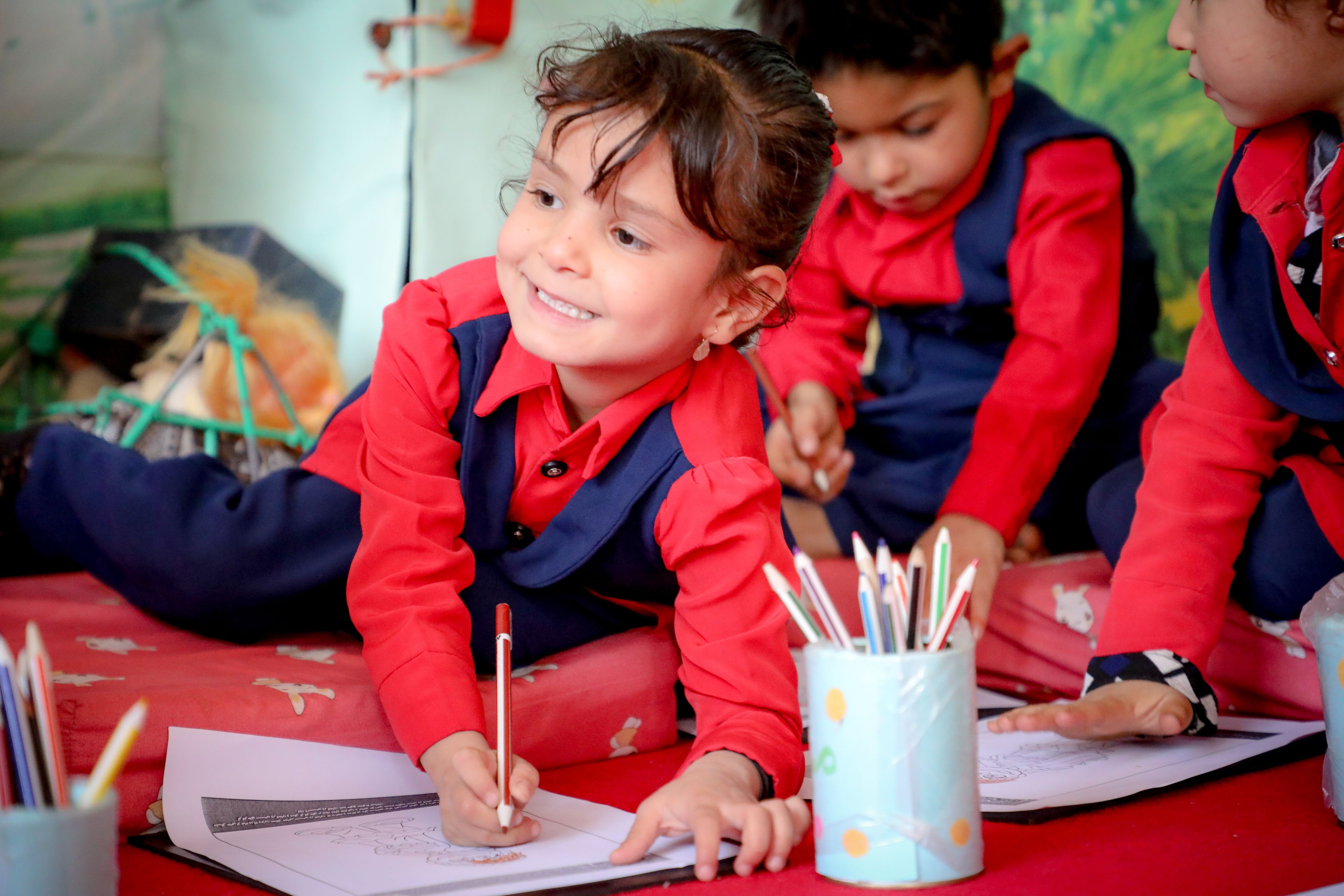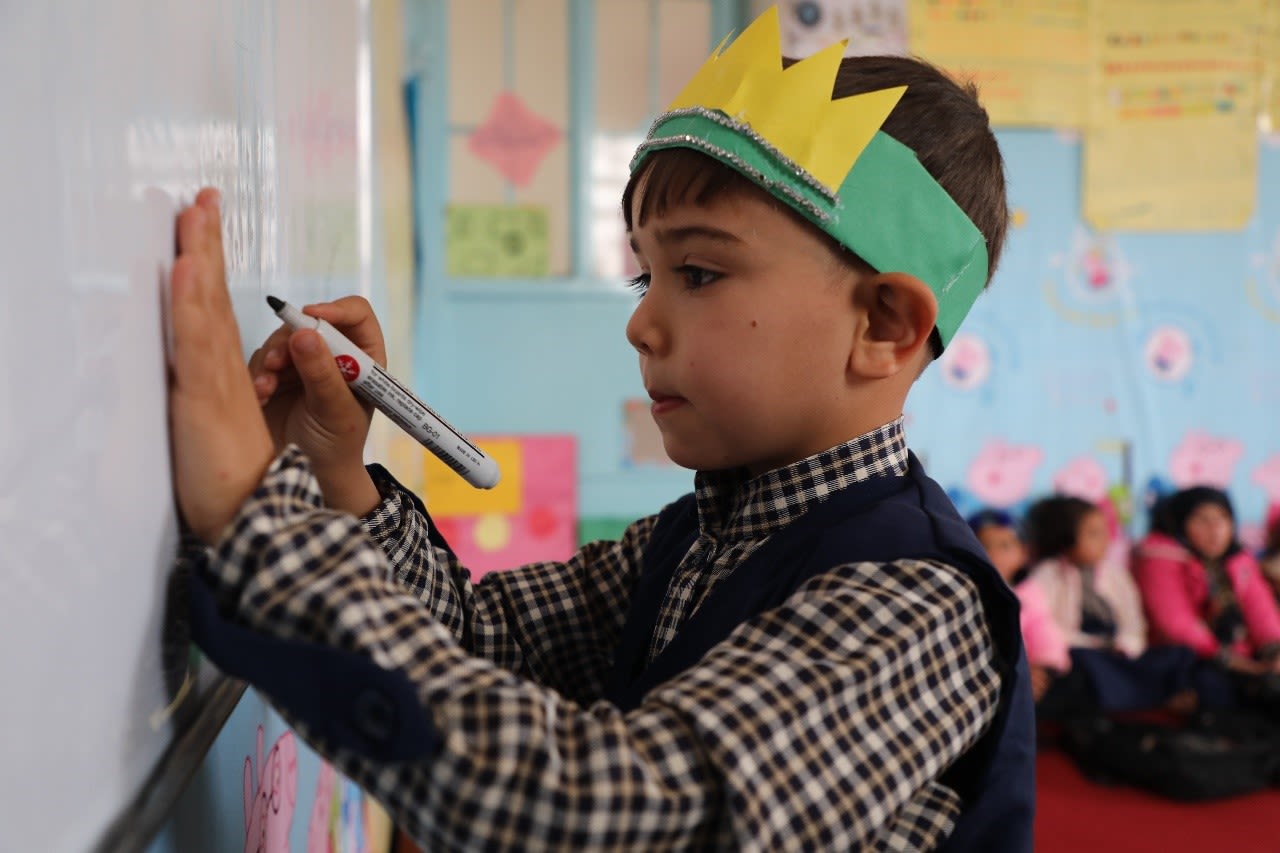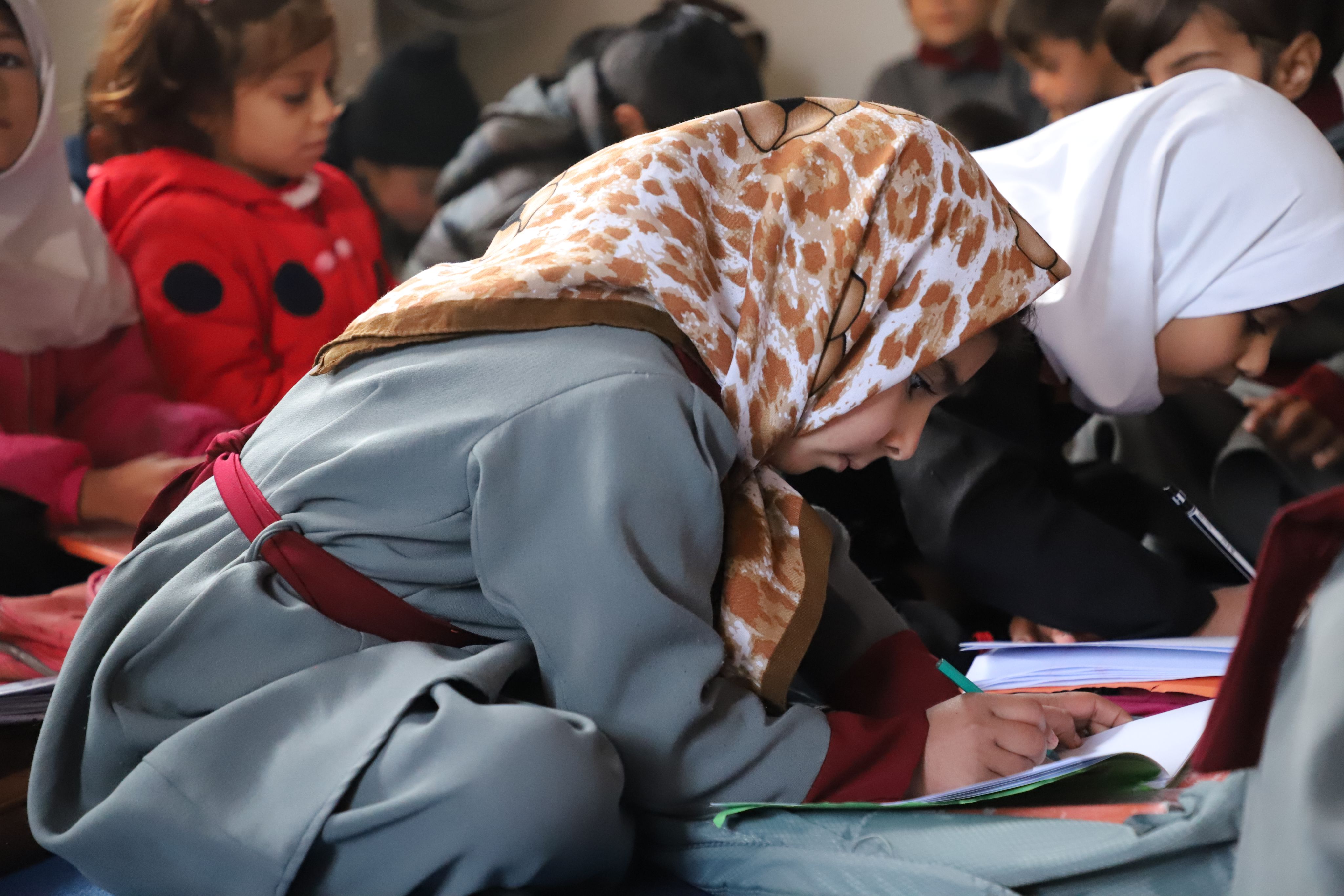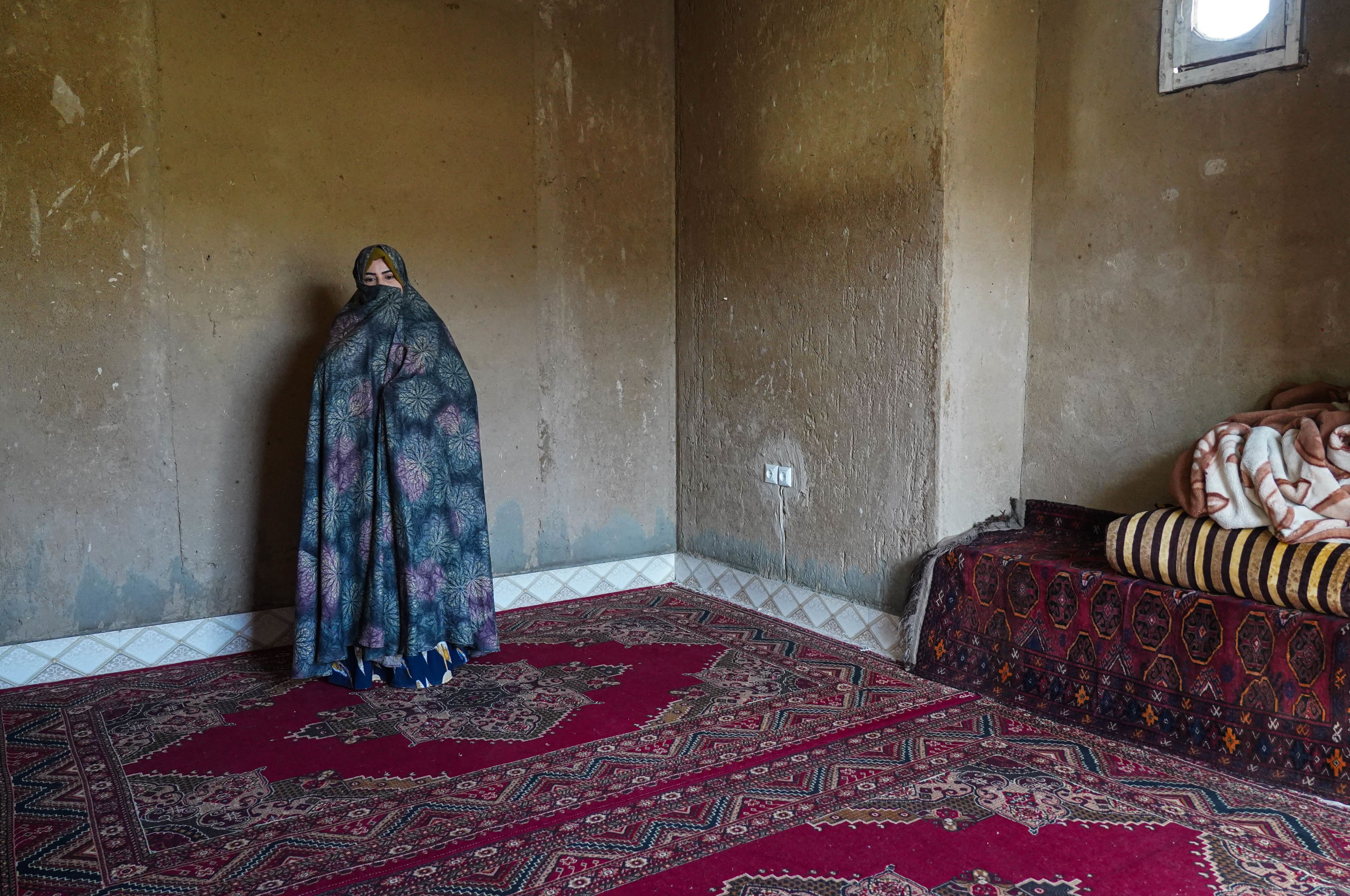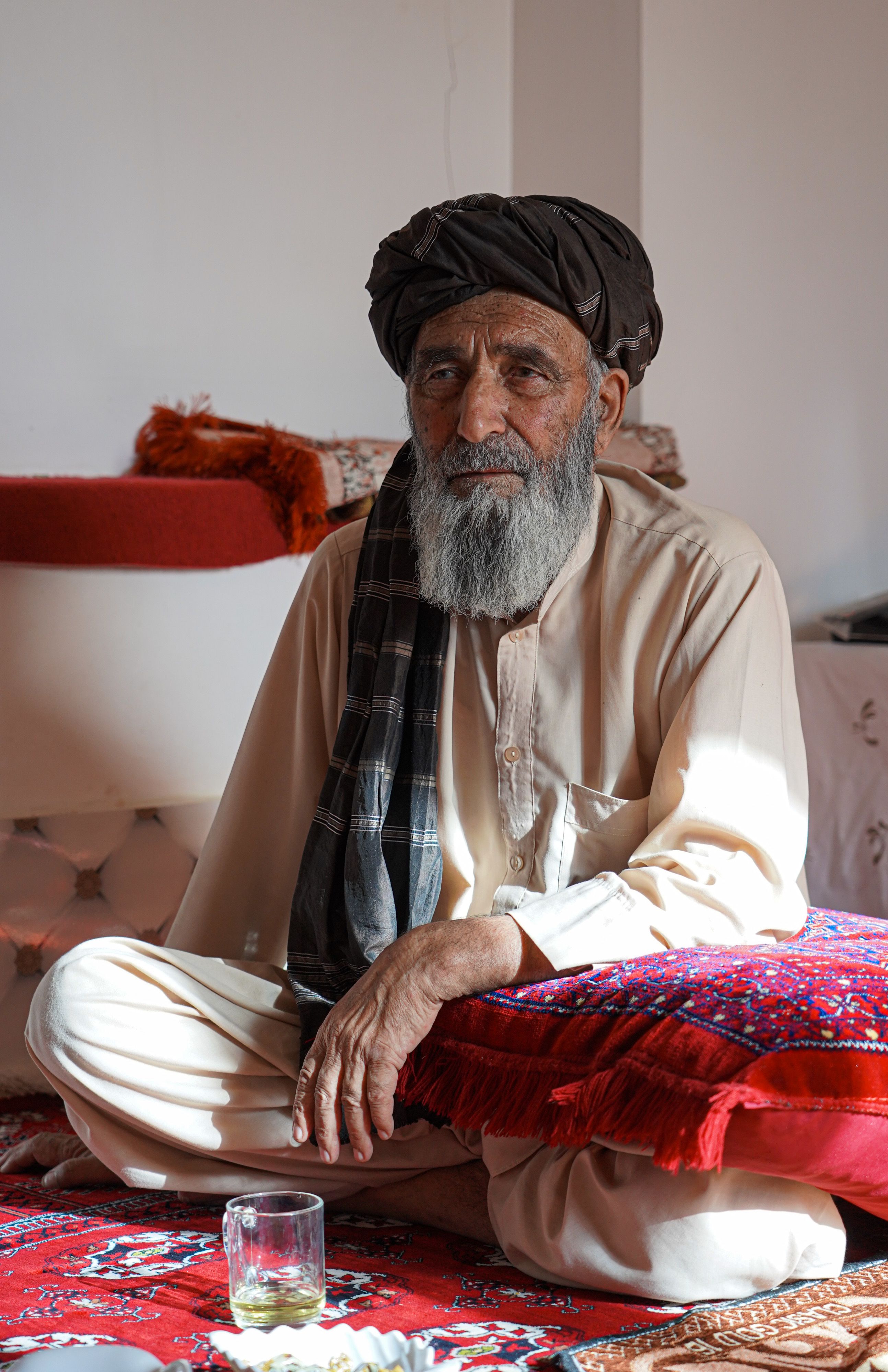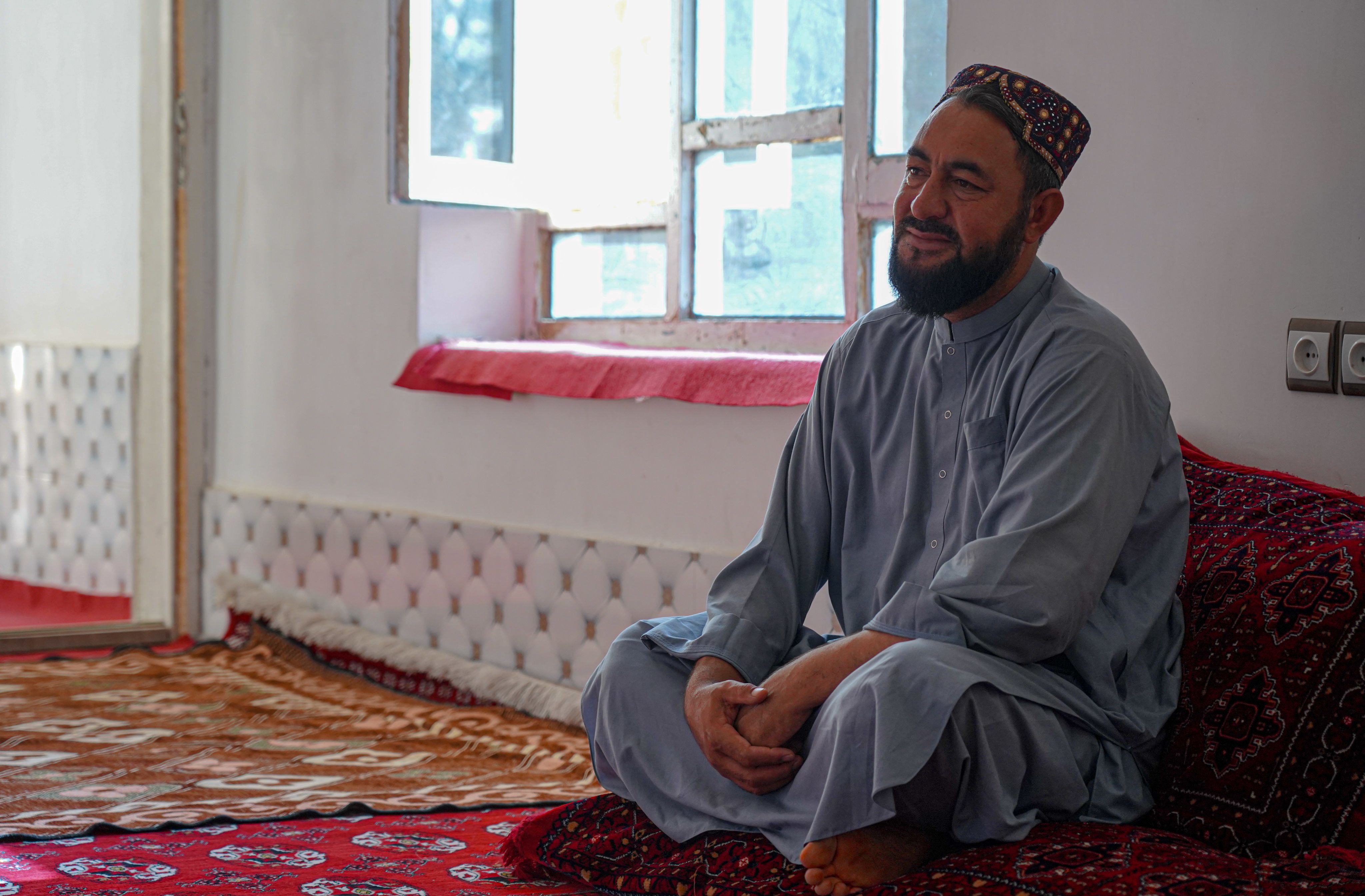Empty Classrooms
The Long Road to True Localisation in Rural Afghanistan
By Laurentia Jora, WVA Strategic Communications Manager
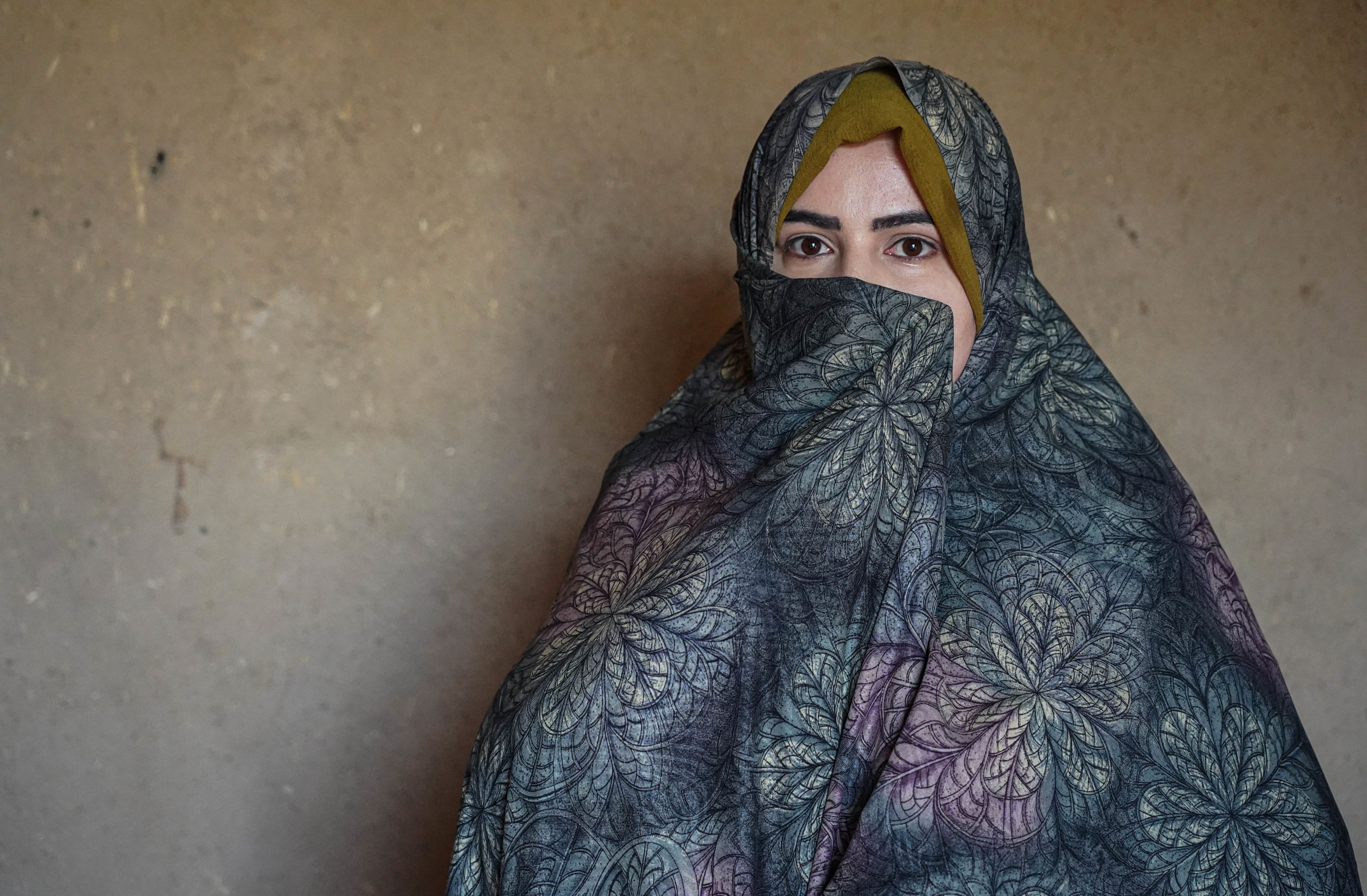
Qala-e-Naw, Badghis province – Maria steps over the threshold of an abandoned room, the walls still revealing faint rectangular shapes, lighter than the sandy beige around them: the outlines of a plastic whiteboard, posters with maps and alphabet letters, and numbers from 1 to 10. In the right-hand corner is the spot where her desk once stood, back when it was covered in notebooks, scattered papers, flashcards, and coloured pencils.
To the left, there’s another room, now used as someone’s kitchen, that once served as the education centre’s play and learning area. It was there that children painted, played group games, and learned to read their first words and sentences.
Each morning, six days a week, thirty children aged five and six would arrive for her pre-school classes. For two years, she worked with quiet determination to prepare each group for the leap into first grade at public schools.
“Children used to bring their younger siblings just to sit in and watch. That’s how excited they were,” shares Maria, former teacher at the Early Childhood Development (ECD) centre in Qala-e-Naw. “Two years of early learning that gave them a head start. We saw a huge difference. By the time they entered first grade, our kids had the knowledge of third graders.”
The centre was part of a broader initiative led by World Vision Afghanistan, which piloted its ECD programme in Badghis in 2011. It expanded to Ghor and later to Herat in 2016.
Over seven years, from 2016 to 2023, World Vision’s Early Childhood Development programme reached more than 8,500 preschool-aged children. It provided a structured two-year curriculum, designed to build foundational literacy, numeracy, and life skills.
But the learning didn’t stop in the educational centre. Parents and caregivers, both mothers and fathers, were engaged through cross-sectoral awareness sessions to help create nurturing, safe, and stimulating home environments.
Change was never limited to the children alone. It reached the families, and it reached the community.
Maria, a former Early Childhood Development (ECD) teacher, stands in what used to be a classroom in the ECD centre in Qala-e-Naw, Badghis province, Afghanistan.
Maria, a former Early Childhood Development (ECD) teacher, stands in what used to be a classroom in the ECD centre in Qala-e-Naw, Badghis province, Afghanistan.
Qala-e-Naw, Badghis: What was once a classroom for thirty preschoolers is now someone's kitchen.
Qala-e-Naw, Badghis: What was once a classroom for thirty preschoolers is now someone's kitchen.
World Vision’s approach to Early Childhood Development
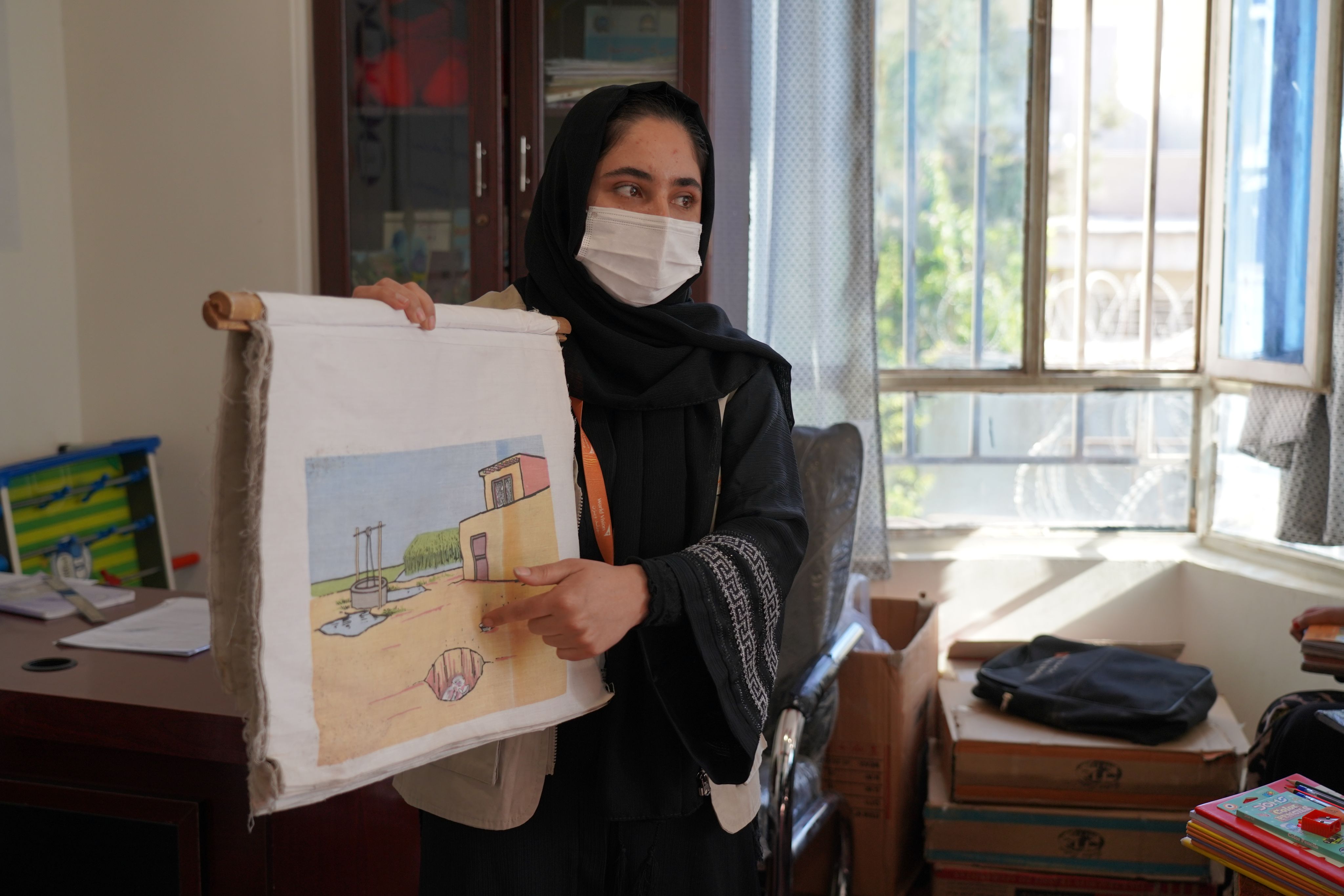
“Our approach to early childhood development is built on a simple truth. Meaningful change in early childhood development doesn’t happen in isolation, or inside a classroom alone. It unfolds through an interconnected process that engages the child, the family, and the broader community as co-owners of the journey."
2019: Muzhgan joined dozens of preschoolers in the ECD classes that year.
2019: Muzhgan joined dozens of preschoolers in the ECD classes that year.
Each participating village established its own ECD management committee, drawing in local leaders and community members to help implement, monitor, and guide the programme. Their role wasn’t symbolic. It was central. By involving the community in real ways, the programme laid the groundwork for shared responsibility and long-term support.
“Our approach to early childhood development is built on a simple truth. Meaningful change in early childhood development doesn’t happen in isolation, or inside a classroom alone. It unfolds through an interconnected process that engages the child, the family, and the broader community as co-owners of the journey,” explains Janbogetu Zewdie, World Vision’s Programme and Quality Director in Afghanistan.
At the heart of this model lies the child’s right to a safe, stimulating environment, where curiosity is nurtured, foundational skills are built, and the building blocks of lifelong learning are laid during the most formative years of development. Parents are seen as first educators, not bystanders. And communities are not passive recipients – they’re active partners in shaping and sustaining early education.
The promise of community ownership
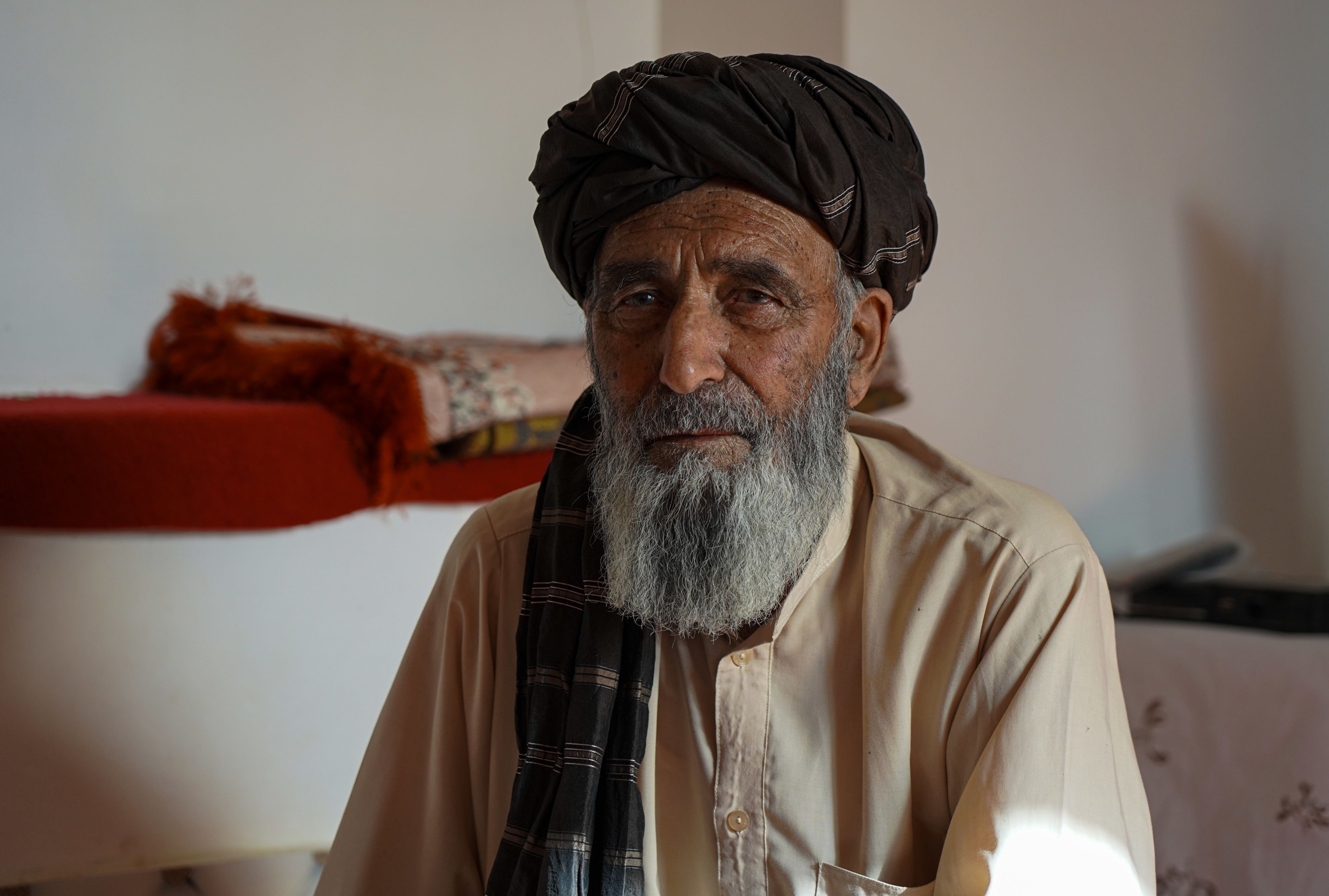
Between 2021 and 2023, hundreds of children and caregivers participated in surveys tracking progress in learning, emotional development, and parenting practices before and after the programme was implemented.
The 2021 assessment of more than 320 children revealed dramatic improvements. Using the IDELA tool, which gauges literacy, numeracy, motor skills, and social-emotional growth, children’s overall scores rose from 37% at the beginning of the programme to 87% after attending ECD classes.
Children made especially strong gains in social-emotional development, with 92% demonstrating an understanding of emotions and 99% showing strong peer interaction. Numeracy skills also flourished: in tasks such as identifying shapes and sizes, children scored a perfect 100%.
Improvements weren’t limited to the classroom. Caregivers reported major changes at home. In 2021, 98% of parents said they regularly hugged or showed affection to their children; and 5% said they used physical punishment – a significant shift in cultural parenting norms.
By 2023, follow-up assessments with 328 children and over 160 caregivers and teachers revealed even greater progress. Shape-copying scores improved from 36% to 100%. Spanking and hitting dropped to 2% and 1% respectively. Affection became the norm.
A solid foundation had been laid but in mid-2023, international organisations were instructed to hand over education provision to local actors. World Vision transitioned the programme in Badghis to full community ownership.
2023: Muhibullah, 6, attended World Vision’s ECD classes in Herat province.
2023: Muhibullah, 6, attended World Vision’s ECD classes in Herat province.
2021: Arezo, 6, learned to read and write at the ECD centre before starting public school.
2021: Arezo, 6, learned to read and write at the ECD centre before starting public school.
The Handover
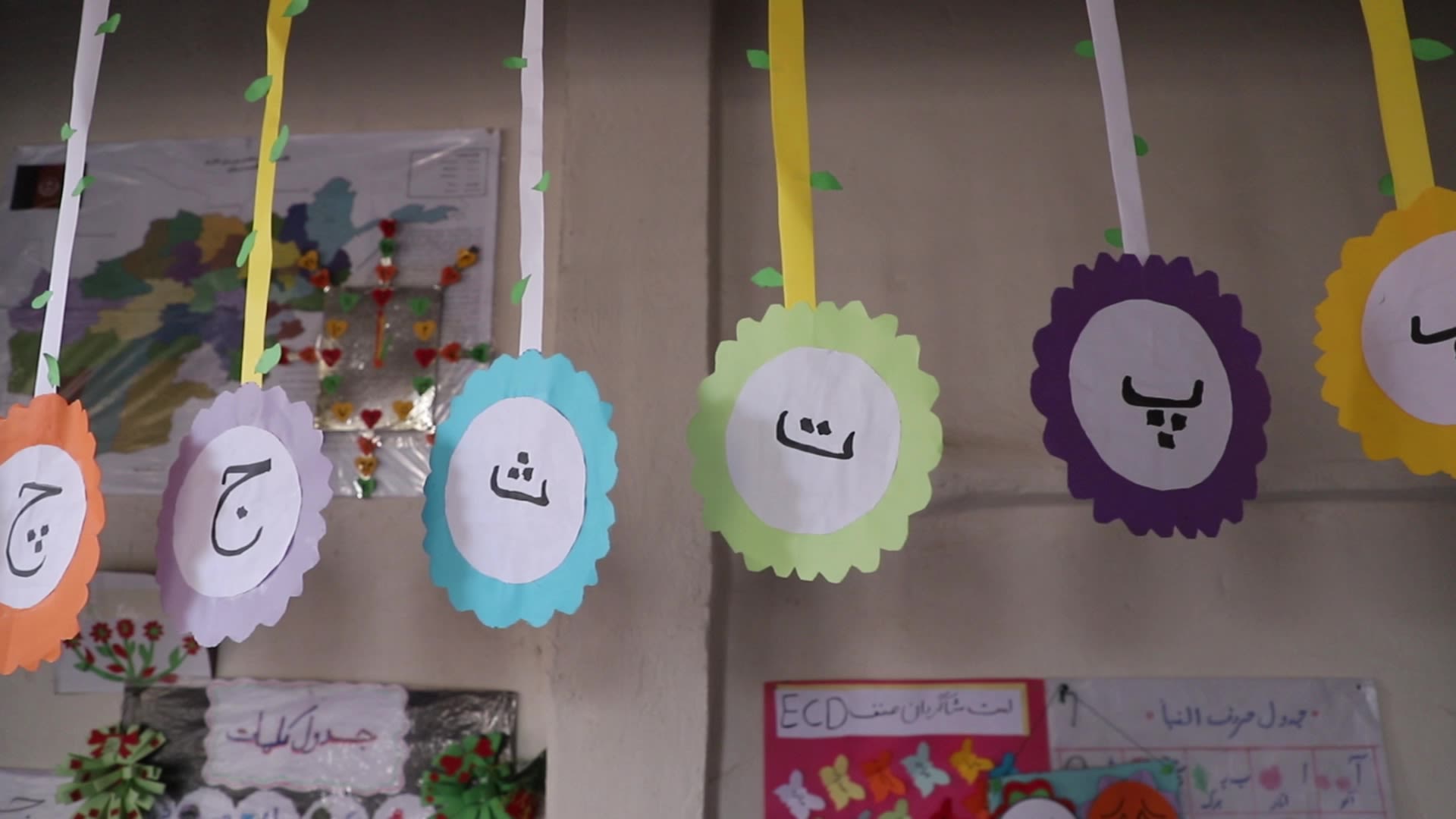
“Those classes built more than knowledge,” shares Maria. “They built the idea that school was something exciting, something worth showing up for. Now, without that, I worry many children won’t even start school. The interest isn’t there anymore. That foundation is gone.”
“Those classes built more than knowledge,” shares Maria. “They built the idea that school was something exciting, something worth showing up for. Now, without that, I worry many children won’t even start school. The interest isn’t there anymore. That foundation is gone.”
“We’re not just dealing with poverty,” says Abdul Salarz, community leader. “We’re dealing with crisis layered on crisis. If parents are hungry, if they don’t have water, how can they think about education?”
“We’re not just dealing with poverty,” says Abdul Salarz, a community leader. “We’re dealing with crisis layered on crisis. If parents are hungry, if they don’t have water, how can they think about education?”
“People became used to the idea that support comes from outside,” says Mohammad Mosa, a respected member of the community. “That’s what needs to change – not just educating children, but parents too.”
“People became used to the idea that support comes from outside,” said Mohammad Mosa, a respected member of the community. “That’s what needs to change – not just educating children, but parents too.”
The handover followed years of investment: trained teachers, equipped classrooms, engaged parents, and local committees prepared to oversee implementation. The model was designed to be sustainable, a community-led solution where families would cover the teacher’s salary and basic supplies, continuing the work independently.
At first, the transition showed promise. Maria, the former teacher, kept the centre running just as before, leading two preschool groups of around 30 children. She worked six days a week, but in the absence of a capacitated local organisation to fill the gap left by World Vision, she did so unpaid, striving to keep the momentum going. Her father helped cover costs for materials, pencils, books, learning cards, as best they could.
“For a year, we managed,” she says. “But little by little, interest faded. Families couldn’t afford the materials, and neither could I.”
By early 2025, attendance had dropped sharply. With no funds to support her or buy supplies, Maria stepped away. In February 2025, the centre closed its doors.
The problem wasn’t just economic. It was systemic.
“We’re not just dealing with poverty,” said Abdul Salarz, a community leader. “We’re dealing with crisis layered on crisis. If parents are hungry, if they don’t have water, how can they think about education?”
Afghanistan’s economic and humanitarian collapse, driven by prolonged drought, widespread unemployment, and deepening uncertainty, pushed families into survival mode. In this context, the expectation that communities could sustain a pre-school programme quickly became untenable.
“How can people do that when there’s no food on the table?” Abdul added.
In such situations, NGOs – whether local or international – are essential in bridging the capacity gap.
The limits of localisation in fragile contexts
Beyond the lack of resources, there were deeper currents at play: decades of dependence on external aid, and a limited understanding of education’s long-term value.
“People became used to the idea that support comes from outside,” said Mohammad Mosa, a respected member of the community. “That’s what needs to change – not just educating children, but parents too.”
In many parts of Afghanistan, this transfer to local leadership needs time for both the capacitated local organisations, and the realisation that communities can lead their own transformation, to be established. Without that mindset shift, he argued, transfer to communities would falter.
“This kind of change doesn’t happen overnight,” Abdul said. “First, you give people the means to survive – livelihoods, water, health, income. Only then can they start thinking long-term, about things like school.”
In fragile contexts like rural Afghanistan, where daily life teeters on the edge of crisis, suddenly withdrawing international actors from education risks not only failure, it can reverse hard-won gains.
“Those classes built more than knowledge,” Maria said. “They built the idea that school was something exciting, something worth showing up for. Now, without that, I worry many children won’t even start school. The interest isn’t there anymore. That foundation is gone.”
The closure of the ECD centre in Qala-e-Naw is not just the end of a local programme, it’s a cautionary tale.
True localisation demands more than an exit strategy. It’s not about stepping back. It’s about walking alongside. INGOs have a critical role to play in incubating local agency and resilience. This means building deep-rooted relationships, gradually shifting power, and staying engaged long enough for communities to truly take ownership.
Community-led early childhood education is a realistic goal, but not one achieved with a stroke of a pen or even a large sum of money. It is a generational investment, one that requires trust, time, and the scaffolding to sustain local leadership.
